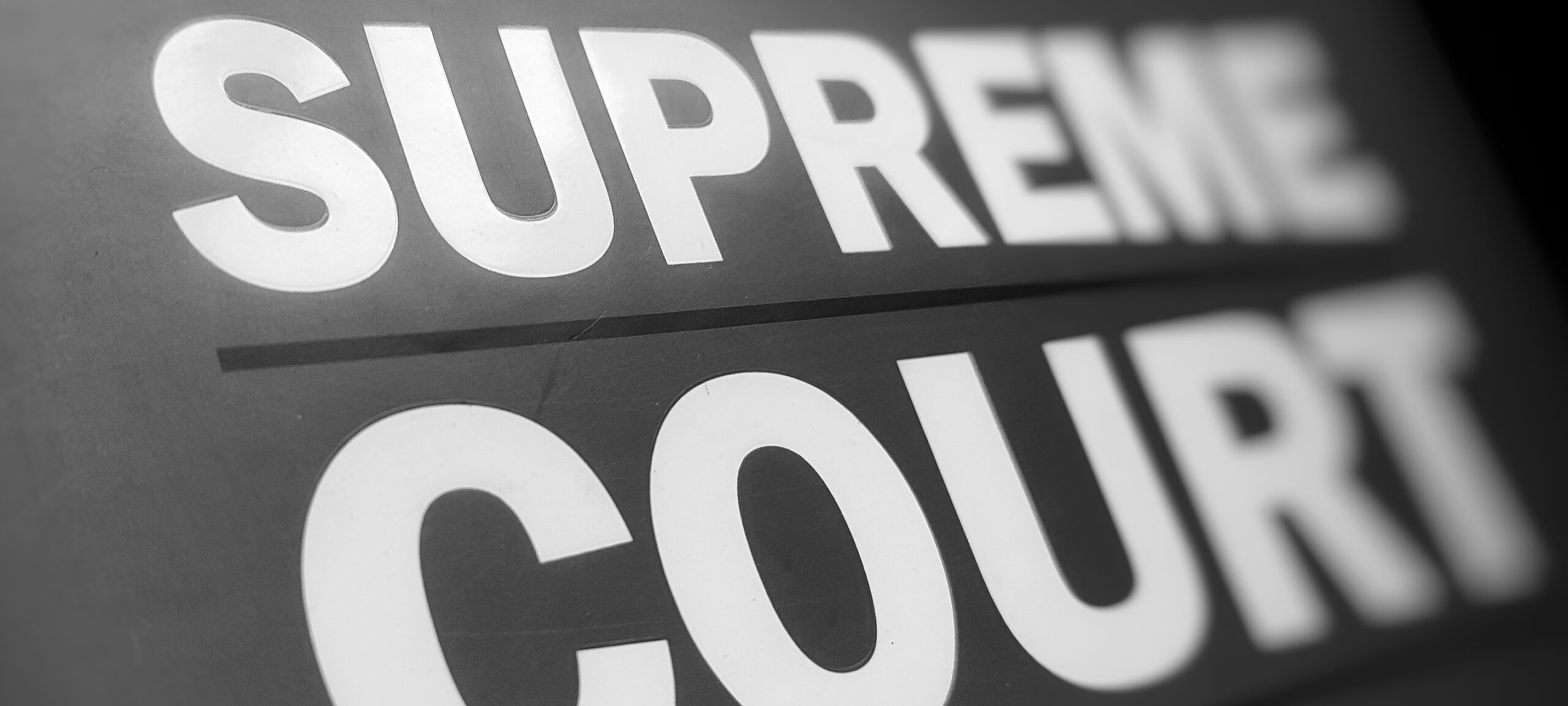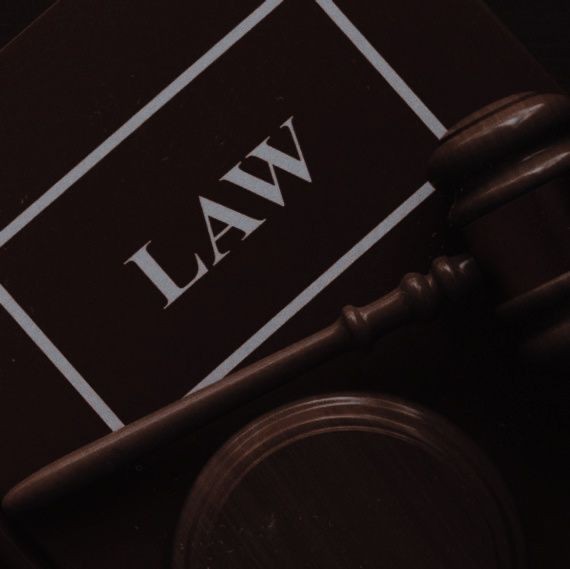Taxation on exploitation of mineral wealth- not an indication of ownership of
State in minerals : SC
Neither in England nor in this country, at least in the Old Madras Province, during the British regime, was there any such established proposition of law that all the minerals belong to the Crown or the State. On the other hand, the available material only leads to an inevitable conclusion otherwise. There is nothing in the law which declares that all mineral wealth/subsoil rights vest in the State, on the other hand, the ownership of subsoil/mineral wealth should normally follow the ownership of the land, unless the owner of the land is deprived of the same by some valid process of law. In the instant appeals, no such deprivation is brought to the notice of the Supreme Court and therefore the appellants are the proprietors of the minerals obtaining in their lands.
By the time Southern India came under the control of the British Government, there were in vogue innumerable varieties of land tenures in various parts of South India which eventually came to be called the Madras Presidency.
The limited right claimed is "to a share in the produce of the minerals worked, if thought necessary by the Government". That right was exercised by the same order with reference to gold, diamonds and other metals and with respect to minerals like coal, etc. it was left to the discretion of the Government to be exercised from time to time. By necessary implication, it follows that the State recognised the legal right of the landholder to the subsoil metals and minerals-whatever name such right is called-proprietary or otherwise.
Apart from the legal implication of BSO No. 10 with respect to Malabar, the Supreme Court had already opined that the British Government never claimed proprietary rights over the soil and the jenmis were recognised to be the absolute owners of the soil. It is obvious from BSO No. 10 that the British Government never claimed any proprietary right in any land in the Old Madras Province whether estate land and therefore both ryotwari pattadars and jenmis must also be held to be the proprietors of the subsoil rights/minerals until they are deprived of the same by some legal process. Even if the conclusion recorded in the judgment under appeal that the lands in question have been converted to be lands held on ryotwari settlementis accepted, the jenmis right over subsoil/mineral rights will still hold good for the reason that even in the lands held on ryotwari patta the British Government did not assert proprietary rights.
Nothing is brought to the notice of the Court which indicates that the British Government intended and in fact did deprive the ryotwari land- holders of the right to subsoil/minerals. Subsequent to 19-3-1888, no law to the contrary is brought to the notice of the Supreme Court, nor any law made by the Republic of India is brought to the notice of the Supreme Court by which ryotwari landholders in the area concerned or the jenmis were deprived of their subsoil or mineral rights.
The power to tax is a necessary incident of sovereign authority (imperium) but not an incident of proprietary rights (dominium). Proprietary right is a compendium of rights consisting of various constituent rights. If a person has only a share in the produce of some property, it can never be said that such property vests in such a person. In the instant case, the State asserted its "right" to demand a share in the "produce of the minerals worked" though the expression employed is "right"—it is in fact the sovereign authority which is asserted.
From the language of BSO No. 10 it is clear that such right to demand the share could be exercised only when the pattadar or somebody claiming through the pattadar, extracts / works the minerals-the authority of the State to collect money on the happening of an event-such a demand is more in the nature of an excise duty/a tax.
The assertion of authority to collect a duty or tax is in the realm of the sovereign authority, but not a proprietary right.
[Thressiamma Jacob v. Deptt. of Mining and Geology (2013) 9 SCC 725 / AIR 2013 SC 3251 / (2013) 3 KLT 275]

























